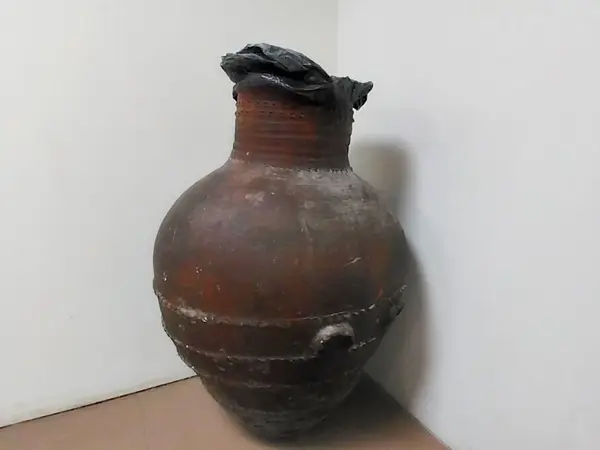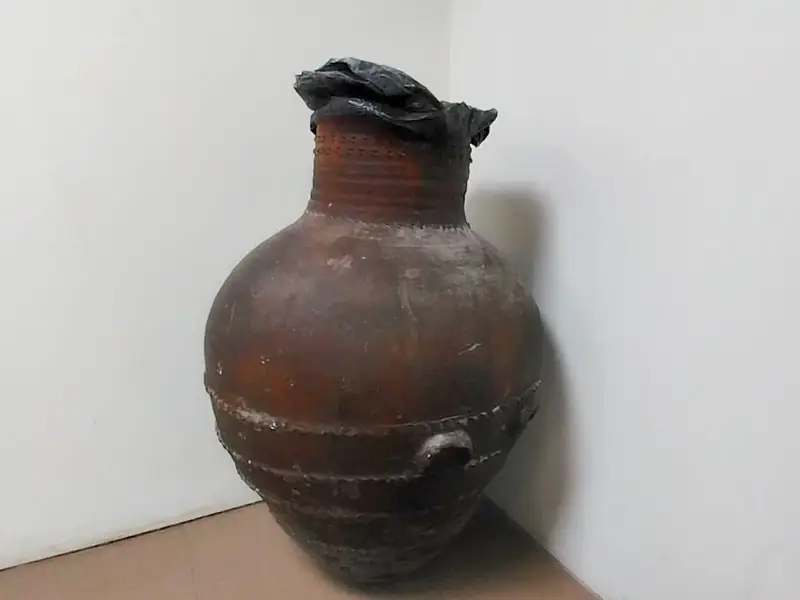A clay jug dating back to the Medes period is now serving as a trash bin in a museum in Iran's Archaeological Museum of Rasht.
An official from the museum has claimed it is to prevent the potential theft of conventional wooden and plastic bins. Iran, celebrated for its millennia-old cultural heritage, encounters challenges in safeguarding such invaluable artifacts.
The neglect, insufficient maintenance, and environmental impacts on some historical sites and artifacts further intensify worries about the overall state of preservation.
The shift towards emphasizing Islamic culture since the 1979 Islamic Revolution has often led to a more conservative stance on pre-Islamic relics. The present Iranian regime appears hesitant to fully embrace its profound historical legacy, despite having once presided over the world's largest empire.
The development unfolds amid the backdrop of extensive collections of ancient Persian artifacts excavated by foreign archaeologists before the twentieth century.
The artifacts grace renowned museums worldwide, including the Louvre in Paris, the British Museum in London, the University of Chicago's Oriental Institute Museum, and the State Hermitage Museum in Saint Petersburg, all housing significant Persian antiquities.

